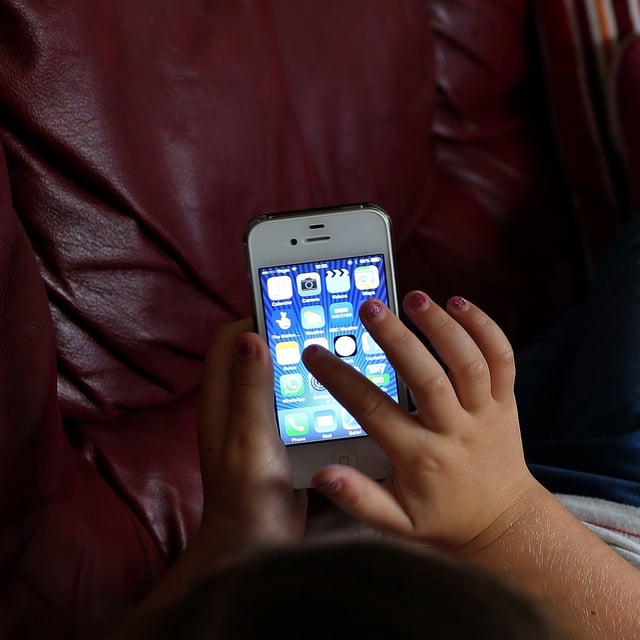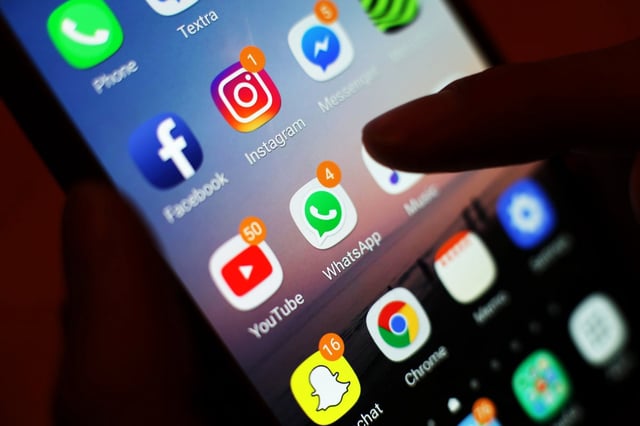Overview
- International experts argue that banning smartphones in schools does not improve mental health, academic performance, or overall well-being among children.
- A recent BMJ article highlights the ineffectiveness of blanket bans, calling them 'stop-gap solutions' that fail to prepare children for a technology-driven future.
- The experts recommend a rights-based approach, focusing on age-appropriate design, education, and systemic regulation to protect children while fostering digital literacy.
- Legislation like the EU Digital Services Act and UK Online Safety Act reflects growing recognition of the need for systemic solutions to align technology use with children's well-being.
- The authors propose a comprehensive strategy, drawing parallels to car safety measures, emphasizing infrastructure, education, and regulation to create a safer digital ecosystem.



